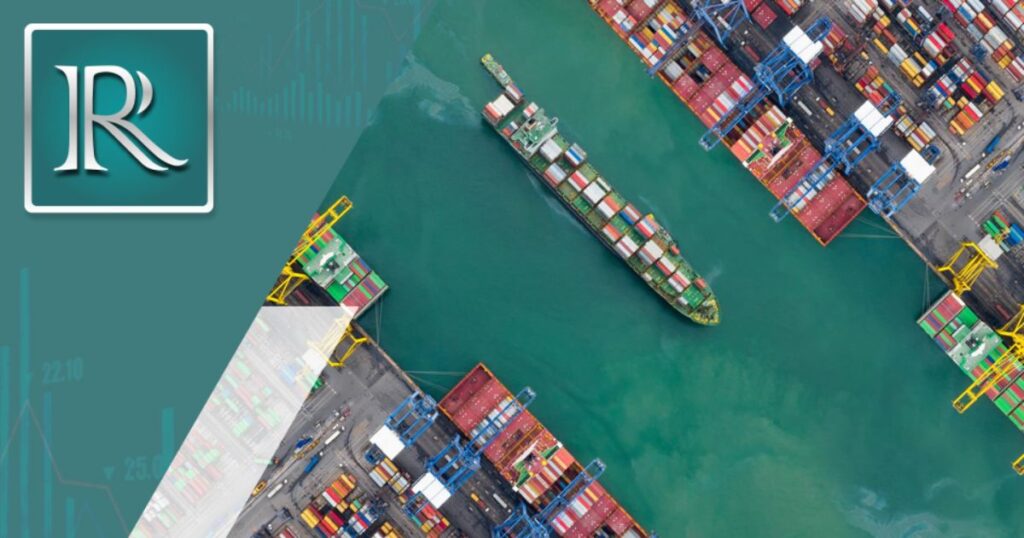Anticipated Maritime Supply Chain Advancements by Raco Investment
Raco Investment, a firm specializing in supply chain and logistics sectors, forecasts major advancements in maritime supply chain efficiency for the upcoming year. The forecast is backed by industry expertise and insightful data analysis, suggesting that novel technologies and improved operational methods will significantly boost global maritime logistics.
The Increasing Role of Maritime Supply Chains in Global Trade
Maritime transport is responsible for over 80% of the volume of global goods trade, with its importance magnified in developing nations where maritime supply chains crucially facilitate trade flows. As per United Nations Conference on Trade and Development (UNCTAD) projections, moderate growth of 1.4% is expected in global maritime trade for 2022, while a further annual average growth of 2.1% is predicted from 2023 to 2027.
However, the looming threat of maritime risk, particularly heading into the second half of 2024, shadows these projections. Such risk is due, in part, to the lingering impact of the COVID-19 pandemic and other disruptions like canal delays. Ensuring the efficiency and reliability of maritime supply chains is therefore essential in the face of complex economic landscapes and changing geopolitical currents. Raco Investment’s latest report outlines anticipated technological and procedural innovations likely to revolutionize global maritime operations.
Impending Technological Innovations in Maritime Logistics
Key technologies expected to have a transformative impact on maritime logistics, as highlighted by Raco Investment, include:
- Automation and Robotics: The integration of automated systems and robotics in cargo ships and ports is anticipated to streamline operations, minimize manual errors, and increase the efficiency of loading and unloading processes.
- Blockchain Technology: The use of blockchain will enhance transparency and security in maritime transactions and documentation, leading to smoother operations and fewer delays.
- Advanced Data Analytics: Advanced analytics will optimize shipping route and inventory management, significantly reducing delays and supply management costs.
- IoT Deployments: The incorporation of the Internet of Things (IoT) within maritime infrastructure will allow continuous monitoring and real-time data analysis, facilitating optimal routing decisions and predictive maintenance.
Economic and Environmental Impact of Technological Advancements
These technological integrations are expected to lower operational costs by up to 30% and decrease shipping times by as much as 25%. This foresees a profitability surge for shipping companies and lower prices for end-users, thereby augmenting overall trade efficiency.
From an environmental perspective, these improvements will lead to significant benefits. Fuel consumption will decrease due to optimized shipping routes and efficient vessel loading, leading to a reduced carbon footprint for maritime operations. The growing use of electric and autonomous ships will further minimize environmental harm, aligning with global sustainability objectives.
Tackling Potential Challenges and Proposed Strategies
Raco Investment acknowledges the challenges impending significant technological shifts may bring, including the need for considerable investments in technology and potential cybersecurity risks due to increased digitalization. The firm suggests a proactive approach, such as implementing robust cybersecurity measures and partnering with technology providers for the smooth integration and optimization of these new tools.
Original Story at www.environmentenergyleader.com
